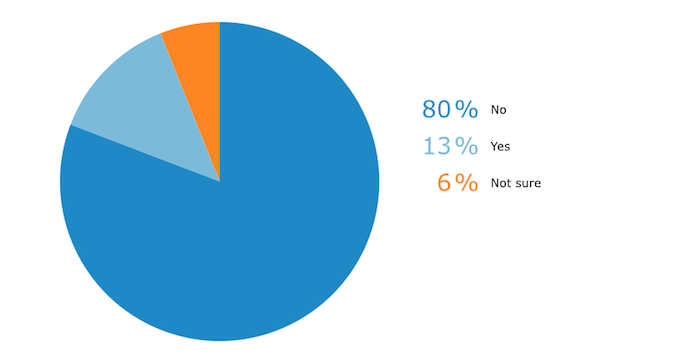Most of the people I meet in my voyages ’round healthcare system transformation, grassroots edition, arrived at the portal of #epatient via a trip through the medical-industrial complex. Either they, or someone they cared for, wound up getting “a thing” – cancer, Parkinson’s, multiple sclerosis, player to be named later – and they found themselves inside the medical care delivery system, bewildered, and looking for answers. In short, most – not all, by any means, but most – are over 40.
Most of the people I meet in my voyages ’round healthcare system transformation, grassroots edition, arrived at the portal of #epatient via a trip through the medical-industrial complex. Either they, or someone they cared for, wound up getting “a thing” – cancer, Parkinson’s, multiple sclerosis, player to be named later – and they found themselves inside the medical care delivery system, bewildered, and looking for answers. In short, most – not all, by any means, but most – are over 40. Imagine my surprise, and delight, when I was sent a report on a survey conducted with 385 randomly selected patients across the US*, with most of the responses coming from 18 to 35 year old millennials (people born 1982 and after). The survey asked them their opinions on shared decision making, open notes, and shared medical visits, three new medical practice models that are rising in adoption. Here’s the context of the survey questions:
- Shared decision-making involves the doctor and patient evaluating multiple treatment options and deciding together on the best course of action.
- Open notes is a policy allowing patients to view the medical notes doctors take about them during visits, which includes accessing those notes from home.
- Shared medical appointments, or “group visits,” involve attending an extended (60- to 90-minute) medical appointment with 10 to 15 other patients and one or more physicians.
The survey results make me think we might finally be reaching a tipping point toward positive change, given that a big majority (76%) of respondents said they were extremely or very likely to use shared decision making. Over 60% were extremely or very likely to welcome open notes: 